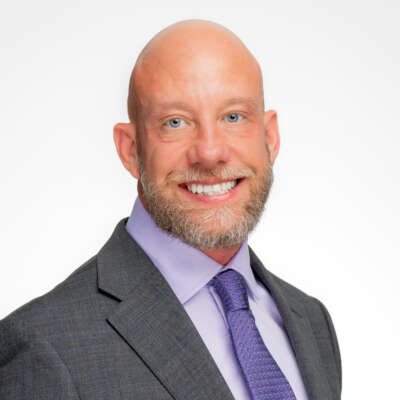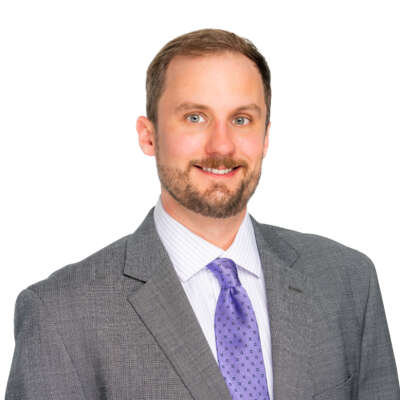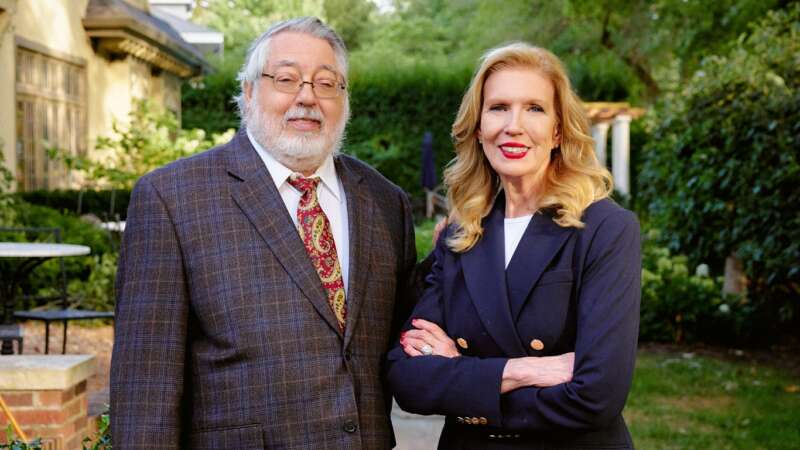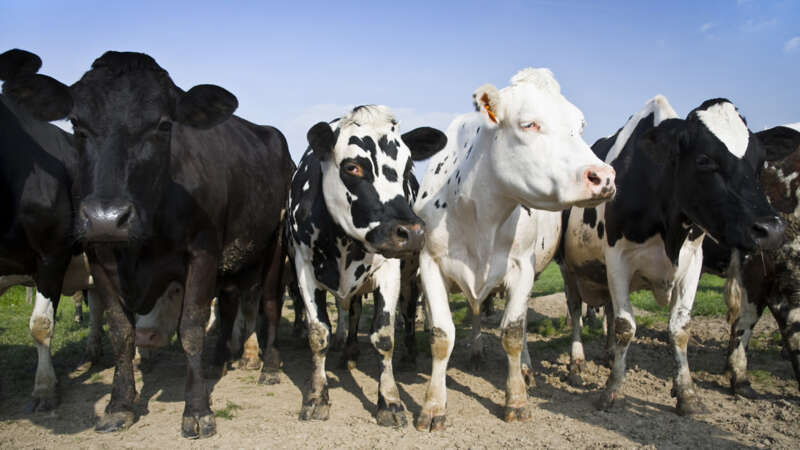New documentary highlights journey to awaken the Kaw language.
Only four of the 197 living Indigenous languages in the United States today are considered safe from endangerment. Many more are already extinct or asleep.
On a mission to reclaim their heritage, members of the Kaw Nation are working to awaken their native tongue, Kaáⁿze Íe.
In partnership with Kaw Nation citizens, Kansas State University’s Chapman Center for Rural Studies and the Kansas Studies Institute at Johnson County Community College produced a documentary detailing the renewal of the language of the Kanza Níkashinga, today known as the Kaw Nation.
The video, “Creator Gives Us Language: A Story of Rematriating Kaáⁿze Íe,” is the first in a series of documentaries being produced through the Kansas Land Treaties Project.
K-State’s Lisa Tatonetti, Coffman University Distinguished Teaching Scholar and Donnelly Professor of English led the production. The film also received financial support from the College of Arts and Sciences, College of Education and Humanities Kansas.
“We produce these documentaries to honor those whose land we now occupy and to serve our state by sharing knowledge and expertise of Kaw people on past events that socially, politically, economically and environmentally impacted our current communities,” Tatonetti said.
The video spotlights members active in language preservation: James Pepper Henry, vice chair of the Kaw Nation, and Desiree Storm Brave, director of the Kaw Nation Language and Revitalization program.
In the film, Pepper Henry recalls the image of his great-grandfather, Ralph Pepper, one of the last living Kaw speakers, sitting on the porch speaking Kaw alone. He learned that Ralph Pepper wasn’t talking to himself, but to God — the only person left to speak Kaw with.
Brave and the revitalization team know that Ralph Pepper’s story is a reality — not a rarity — for many Kaw ancestors. This fuels the mission of bringing the language and culture to the tribe’s children, who will be the first in several generations to grow up knowing Kaw.
“It wasn’t that long ago that powwows and dances and ceremonies were taken away from us,” Brave shared. “Now it’s important for this generation to pick that back up and carry that forward to stay the Kanza Níkashinga and stay strong.”
Written By: Abbigail Marshall





